It is a science that explores what knowing is. It focuses on how babies, then young people, then adults, learn. Education-as-science is a specially focused form of knowing: knowing how knowing happens and how capacities to know develop. It is, in a sense, the science of all sciences. It is also concerned with the organization of teaching that supports systematic, formal learning and the institutions in which that learning occurs.
Too often, education is regarded as a poor cousin of other disciplines in the university – the natural sciences, the humanities and the other professions, for instance. It is regarded as something that enables other disciplines, rather than being a discipline in its own right. This is often reflected in reduced levels of research funding, lower student entry requirements and the destination salaries of graduates. Education seems to be less rigorous and derivative. Its disciplinary base borrowed from other, apparently more foundational disciplines – sociology, history, psychology, cognitive science, linguistics, philosophy – and the substantive knowledge of various subject areas, such as literature, science and mathematics.
For sure, education is broader-ranging and more eclectic than other disciplines. Education draws on a number of disciplinary strands – the philosophy of knowledge (epistemology), the cognitive science of perception and learning, developmental psychology, the history of modern institutions, the sociology of diverse communities, the linguistics and semiotics of meaning – to name just a few of education’s disciplinary perspectives. These and other strands come together to make the discipline of education. In this sense, education is more than a discipline – it is an extraordinarily interdisciplinary endeavor.
